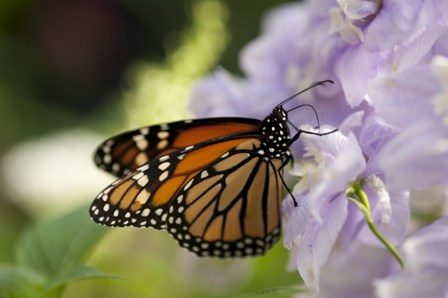Thousands of wild butterflies have had their temperatures taken by researchers who hope the results could help safeguard the species’ future.
A team from the University of Cambridge and a wildlife trust tested 2,000 insects in Bedfordshire, according to BBC.
They are investigating how effectively species can warm or cool themselves, which could help the insects cope with a warming climate.
Twenty-five researchers and volunteers recorded information about more than 12,000 butterflies at four reserves owned by the Wildlife Trust for Bedfordshire, Cambridgeshire and Northamptonshire, taking the temperature of 2,073 of them.
Purple emperor ‘may be breeding’ in Norfolk
Swallowtail could benefit from Papua New Guinea project
In pictures: Wildlife Trust’s butterfly success on Suffolk heath
The team looked at how much certain butterfly species can change their body temperature compared to the air temperature.
Dr Andrew Bladon, from the university’s insect ecology group, said butterflies had well-known habits, such as basking in the sun with their wings open to warm up, but effectiveness varied between species.
“That will have consequences in how active they are able to be. On a cold day, species good at heating themselves will be active earlier – feeding, mating and defending their territory,” he said.
Dr Bladon said butterflies able to regulate their body temperature relative to air temperature were less likely to be affected by climate change, allowing conservationists to predict which would be vulnerable.
The team also examined micro-climates – pockets of air at a higher or lower temperature than the surrounding air – to understand how different habitats could provide ways for butterflies to warm or cool themselves.
Beneficial micro-climates could then be created and maintained in nature reserves, researchers suggest.
H.Z

